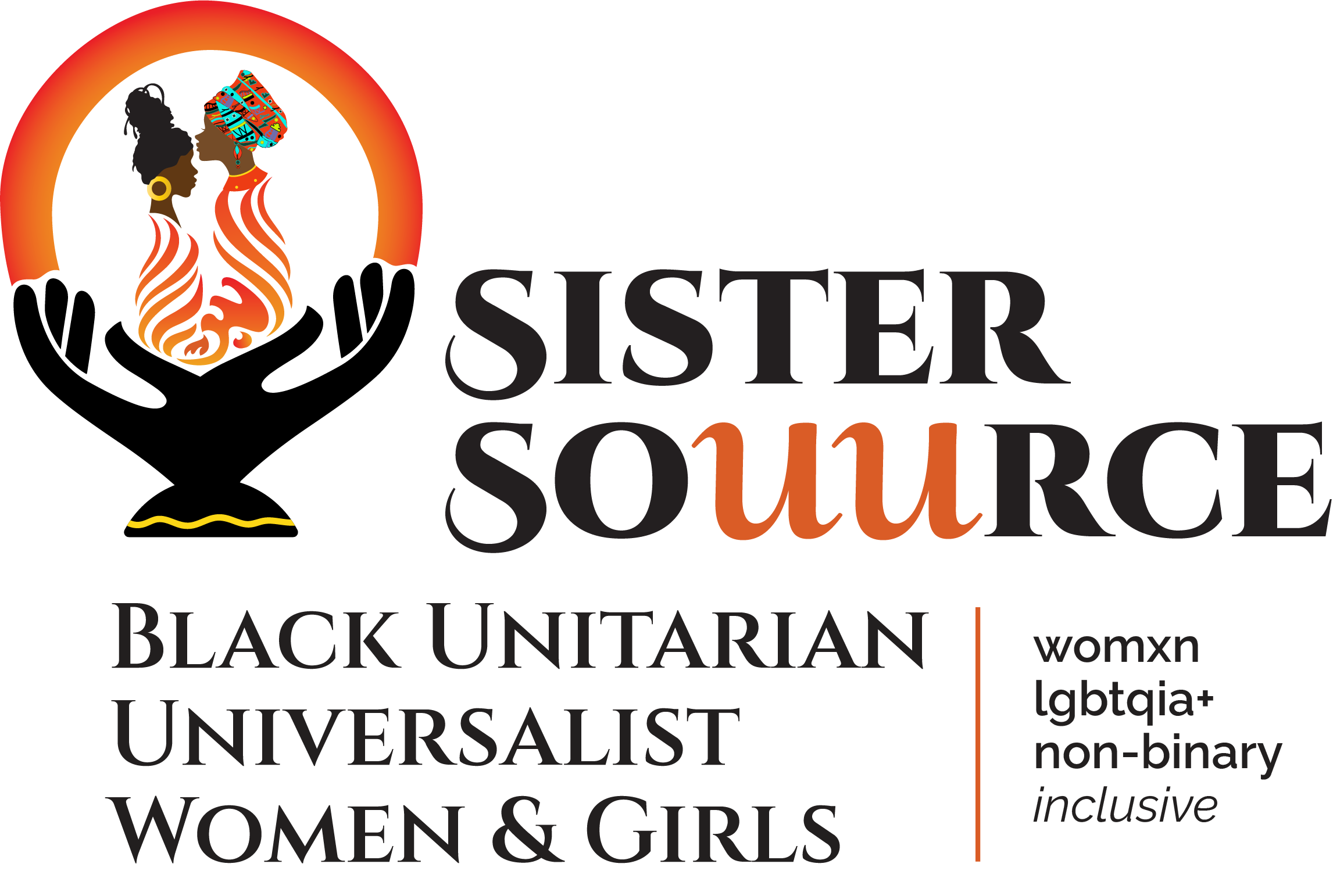Shaping a theology that represents our personal mission and vision – a theology that would leave the world a better place – requires intentionality. Traditionally, every religion’s theology has tried to answer questions about life, death, good, and evil. Delving into the issues that come up in our human existence may bring up a desire to know who’s in charge here, whether there’s an end, what that might look like, and the age-old question, “Are we alone?” Religion requires asking more than questions, and while that is a good start, living the answers to these questions is as important as the questions themselves.
Definition
The term theology refers to “reason or discourse about God” or the “study of god.” The purpose of theology according to Rev. Fred S. Campbell is to, “establish, maintain, and celebrate order, meaning and purpose in human living.”[1]
Theology is the study of God, “God’s character, God’s actions in relation to the cosmos, and God’s relationship to humanity.”
As Unitarian Universalists, our theology is Unitarian (God is one) and Universalism (all are saved).
Unitarianism
It was in 325 CE that the Trinity, i.e., the Father, the Son and the Holy Spirit were pronounced as the only acceptable Christian doctrine. Unitarians’ rejection of the trinity classified them as “heretics,” thus targeting them for persecution. A religious movement of Unitarians emerged from the liberal thoughts of Faustus Socinus (1539-1604).[2] Socinus published a tract in 1579 that promoted the belief that Jesus was a man chosen by God but was not God himself. Socinus denounced the Trinity, an act considered blasphemous in his day. Unitarian Michael Servetus was martyred in 1553 for his criticism of the Trinity, and his rejection of the Doctrine of Original Sin.[3]
King Sigismund is esteemed today as the first and only Unitarian king to rule. He issued the first edict of religious tolerance in 1568 in Transylvania. As a result of King Sigismund’s efforts in Transylvania, some of the first Unitarian churches were established there in the sixteenth century. By 1599, the tiny town of Rakow, Poland, had become the chief Unitarian center in Europe.[4] Some of the early churches still exist in central Europe, where members practice the traditional religion of Unitarianism in their historic buildings.[5] Today, many Unitarian Universalist congregations have created Partner Churches through the UU Partner Church Council that facilitates relationships among Unitarians and Universalists around the world.
Continued persecution in Europe plagued Unitarians. In England in 1791, the laboratory of scientist and Unitarian minister, Reverend Joseph Priestley, was burned to the ground. Priestley’s precious books were destroyed, and he was subsequently forced to flee England. Neither his notoriety having discovered the existence of oxygen, nor his leadership role in two large churches exempted him from persecution. Priestley’s flight to America proved a gift to American Unitarianism. He established numerous churches in Northumberland, Pennsylvania in 1794, and later in Philadelphia, Pennsylvania.
Universalism
Many of the Unitarians and Universalists in the United States can trace their roots to early Massachusetts settlers, the founders of the Republic. Early colonies were founded by Puritans who immigrated to the United States to escape religious persecution in Europe. Episcopal King’s Chapel (EKC) in Boston was among the first of the already existing churches to convert to Unitarianism in 1784. EKC eliminated all Trinitarian references from their Book of Common Prayer in 1785 and affiliated itself with the American Unitarian Association upon its formation.[6]
Universalism was primarily introduced in America through the efforts of John Murray, a former Methodist that preached the first Universalist sermon in America in 1770. Murray’s message was one of hope. His message differed significantly from the prevailing theology of Calvinism that promoted the belief that God saved a chosen few, and the fate of all others was helplessly doomed. Consequently, Murray’s message appealed to those that felt excluded by Calvinist teachings. The new doctrine of universal salvation began to spread in the late eighteenth century. The gospel of a saving salvation particularly appealed to rural and small-town folks. Thus began Universalism in America.
George de Benneville, another well-known Universalist from the late 18th century stated:
“The spirit of Love will be intensified to Godly proportions when reciprocal love exists between the entire human race and each of its individual members. That love must be based on mutual respect for the differences in color, language, and worship, even as we appreciate and accept with gratitude the differences that tend to unite the male and female of all species. We do not find those differences obstacles to love.”
Hosea Ballou is another famous Universalist that preached God’s love, asserting: “It is the goodness of God’s will that all people shall be holy and happy.”
While some considered the many theological similarities between Unitarians and Universalists, they could not have been more different class-wise. Unitarians generally comprised the upper middle and privileged classes such as lawyers, doctors, educators, and elected officials.[7] The Universalists, on the other hand, primarily drew their followers from the ranks of the middle and working class that mostly consisted of farmers.[8] Between 1791 and 1820, Unitarianism was called “the faith of the well-to-do, urban New Englanders.” In Boston, Unitarians were referred to as Brahmins.[9] Abolitionist Harriet Beecher Stowe noted in the 1820s that “All the literary men of Massachusetts were Unitarians. All the trustees and professors of Harvard College were Unitarians and all the elite of wealth and fashion-crowded Unitarian churches.”
(to be continued)
• • •
[1] Fred S. Campbell. Four Faiths: A UU Exploration of the Diversity, Roots and Growth of Religious Belief Systems. Kalamazoo, MI: Paddington Press. 40.
[2] McKim, Dictionary of Theological Terms, 292.
[3] Doctrine of Original Sin is the Christian doctrine that maintains humans, through the fact of birth, inherit a tendency to sin. Augustine of Hippo (354-430) was one of the first authors to use the phrase “original sin”.
[4] Phillip Hewett. “Socinus Conference in Poland, September 2004.” The Global Chalice, March 2005: (internet) available from www.icuu.net/news/newsletter/2005 (access June 2, 2006).
[5] One of the oldest Unitarian churches in the world is in Koloszvar, currently known as Cluj-Napoca, Transylvania.
[6] John Nicholls Booth. Introducing Unitarian Universalism. Boston: UUA, 1981, 25.
[7] Some high profile Unitarians include: Charles Spear (prison reformist); Clara Barton (founder of the American Red Cross); Susan B. Anthony (women’s rights activist); Dorothea Dix (advocate for mental patients); Samuel Gridley Howe (started a school for the blind); Lucy Stone; Frances Ellen Watkins Harper (1825-1911); Colonel Robert Gould Shaw (Civil War Commander 54th Union Regiment, the first Black military unit to serve in the Civil War); Florence Nightingale (1820-1910); Margaret Fuller (1810-1850); Ralph Waldo Emerson; Henry David Thoreau; Alexander Graham Bell; Louisa May Alcott; William Ellery Channing; Albert Schweitzer; P.T. Barnum; Frank Lloyd Wright.
[8] Some well-known Universalists include: Gloster Dalton (Black Universalist, formerly enslaved individual and member of first organized Universalist church in America in 1779); John Murray; Hosea Ballou; Quillen H. Shinn; Benjamin Rush; Clarence Russell Skinner; Thomas B. Thayer, Lydia Ann Moulton Jenkins; Maria Cook; George DeBenneville and Caleb Rich. Universalists founded Tufts, Akron, and St. Lawrence Universities.
[9] Brahmins are designated as the priestly class within Hindu society and are deemed the highest class.

